It has been a fascinating few weeks for ultra low cost carriers in the United States. First we saw Frontier Airlines announce that it would radically overhaul its fare structure, and eliminate change fees on most fare bundles.
Just days later, Spirit Airlines matched, and even one-upped not just Frontier Airlines, but also legacy carriers. The airline has now announced even more customer friendly changes, so I wanted to go over all the details.
In this post:
Spirit Airlines cuts change fees on all fares
As of May 17, 2024, Spirit has eliminated change and cancelations fees for all customers on all fares, which is a major development for an ultra low cost carrier.
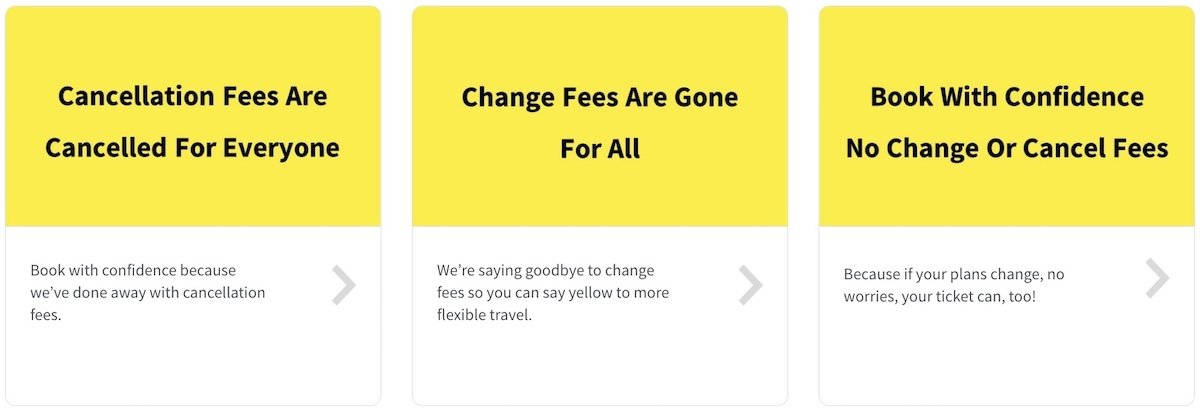
When you go to Spirit’s page for fees, you’ll see that change and cancelation fees have been eliminated, including close to departure.

As a point of comparison, previously Spirit had a tiered fee structure for ticket changes and cancelations, based on how far in advance you were canceling:
- 0-6 days before departure, the fee was $119
- 7-30 days before departure, the fee was $99
- 31-59 days before departure, the fee was $69
- More than 60 days before departure, there was no fee

It’s worth emphasizing how Spirit’s new policy isn’t just more generous than Frontier’s, but is actually more generous than what you’ll find at the legacy carriers, and is in line with Southwest’s policies. All Spirit fares offer ticket flexibility. Meanwhile at Alaska, American, Delta, JetBlue, and United, basic economy tickets don’t allow free changes and cancelations.
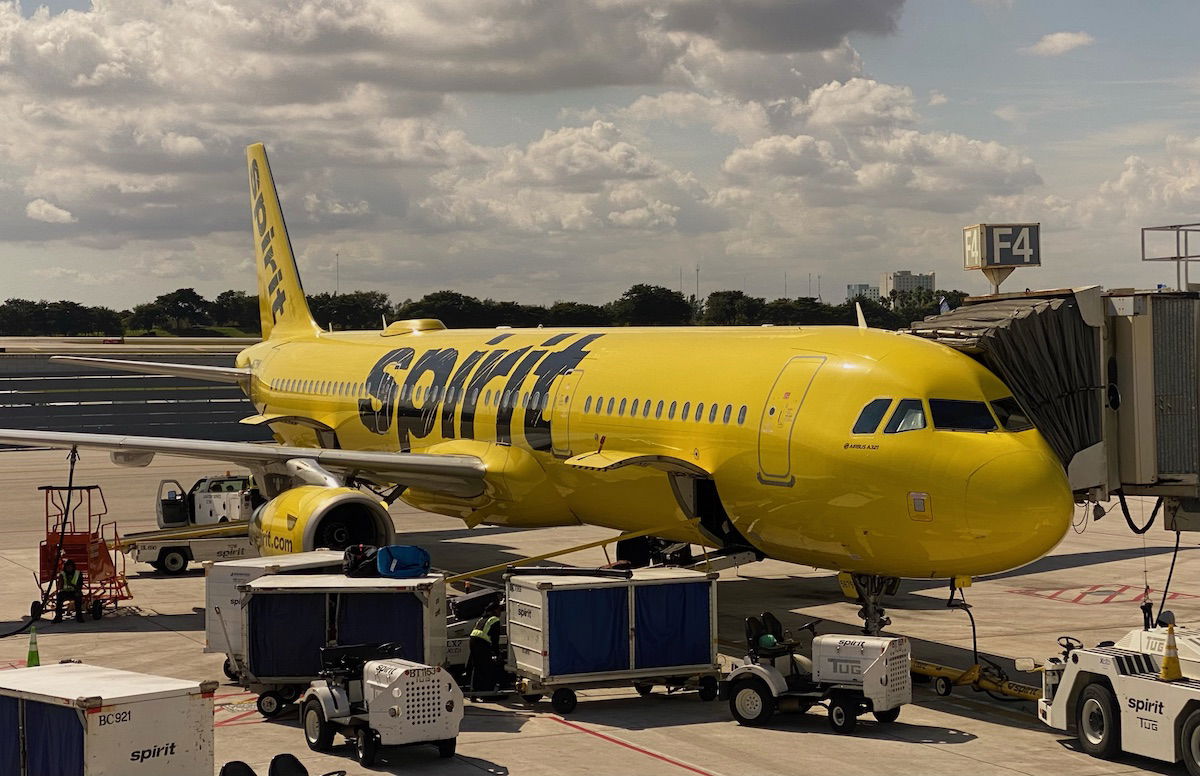
Spirit Airlines vouchers now valid for 12 months
While it was great that Spirit Airlines eliminated change fees, the catch was that historically vouchers with the airline were only valid for 90 days, which was seriously restrictive. That policy has changed now as well. For vouchers issued on or after June 3, 2024, you now have 12 months to redeem, rather than 90 days. So that means you have four times as long as before.
This is some major flexibility, and it’s incredible to think just how much the airline has updated its policies. Spirit has gone from having change fees and vouchers valid for 90 days, to having no change fees and vouchers valid for 12 months.
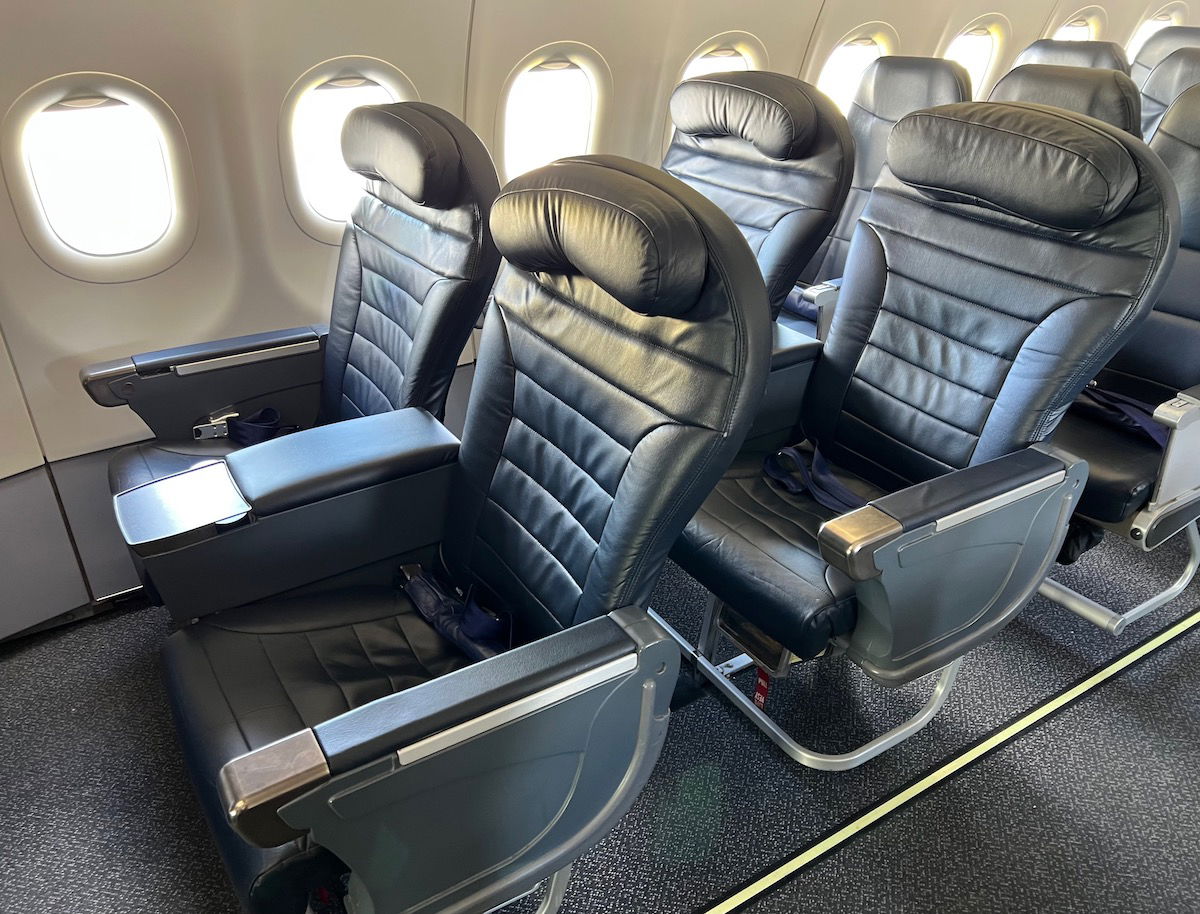
Spirit Airlines increases checked bag allowance
While Spirit Airlines continues to charge for checked bags (as all major US carriers do, except Southwest), the airline is making one additional customer friendly change. The airline has just increased the checked bag allowance by 25%, from 40 pounds to 50 pounds.
The 40 pound weight limit honestly seemed to be designed to be punitive, which historically has been much of the business model of ultra low cost carriers. So it’s nice to see Spirit more closely matching the industry standard.
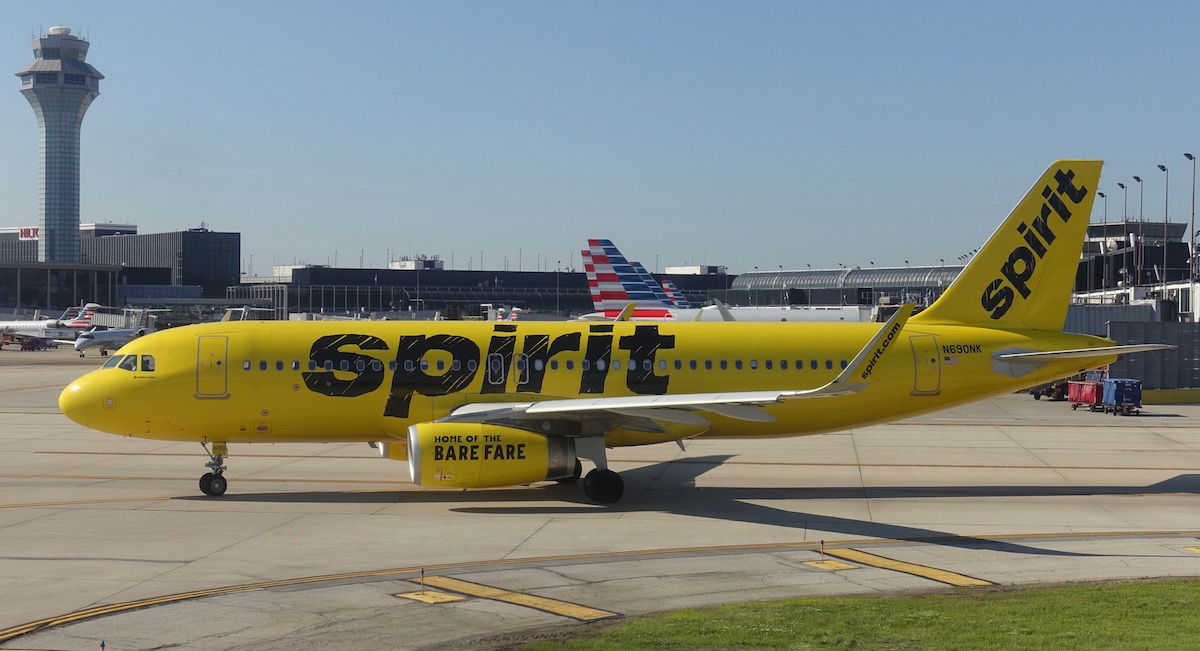
Are more changes coming at Spirit Airlines?
For some background, Spirit has been struggling financially, as have most ultra low cost carriers in the United States. Spirit is in an especially tough spot, given that the airline was in merger mode with JetBlue for the past couple of years, but that was ultimately blocked.
Why are ultra low cost carriers struggling, while legacy airlines are largely reporting record results? Airlines like American, Delta, and United, make much of their profits from their long haul flying and from their loyalty programs. Those aren’t things that primarily domestic ultra low cost carriers can tap into in the same way. They can’t operate long haul flights, and they don’t have a customer base that’s as engaged in the airline.
Ultra low cost carriers have also dealt with some other changes. Labor costs are way up compared to pre-pandemic, which isn’t great for running an ultra low cost carrier. Furthermore, the legacy carriers are increasingly competing head-on with ultra low cost carriers, in terms of the routes they operate, selling cheap basic economy fares, etc.
So it’s interesting to see ultra low cost carriers pivoting a bit, trying to compete head-on with the legacy airlines.
During the recent first quarter earnings call, Spirit CEO Ted Christie explained how the airline is shifting its strategy to appeal to more premium flyers. While he didn’t share details, here’s what he said:
“It is clear that we need to introduce some changes to reflect the new dynamics of the industry and to make Spirit a more compelling option for the traveling public. The results appear to be in excess of our expectations from a volume and yield perspective. It is early, but very encouraging.”
I have to imagine that eliminating change fees and extending voucher expiration is only one part of that, so I’m curious what’s next. In terms of being customer friendly, I’m impressed by these changes, as this is valuable flexibility to give customers, and it’s nice to see ultra low cost carriers increasingly trying to create products that consumers want.
Still, the fundamental problem remains. Legacy airline aren’t actually making much money on their domestic, economy flying. They’re making money from long haul flights (particularly across the Atlantic in summer), they’re making massive amounts of money on their loyalty programs, and they’re also able to capitalize on the premium demand that’s out there.
But if you take long haul flights, lucrative loyalty programs, and premium cabins out of the equation, even the profitable US airlines aren’t really making much money. Sure, ultra low cost carriers have a cost advantage, but that’s not as big as it used to be, given how labor costs have gone up across the board.
It seems to me like some major macro economic changes have to take place for ultra low cost carriers to be in a position where they can be consistently profitable. Because it’s not that they suck at what they’re doing, they’re just in a really tough business at a really tough time. And the fact that so much of the industry capacity is consolidated with four airlines doesn’t help either (which is all the more reason it made no sense to block the JetBlue and Spirit merger, in my opinion).
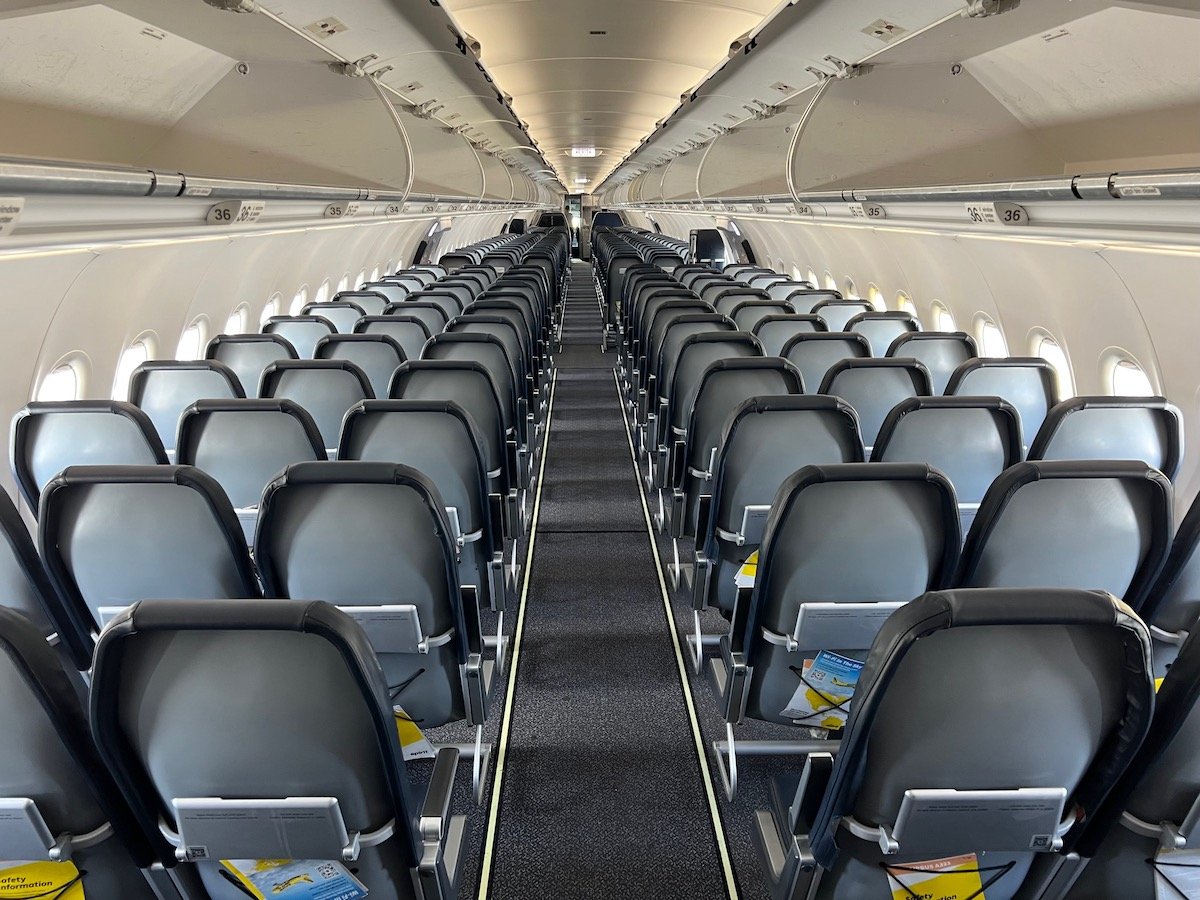
Bottom line
Spirit Airlines has made some customer friendly changes, including eliminating change fees on all tickets, extending voucher validity to 12 months, and even increasing the checked bag allowance. This follows Frontier Airlines eliminating change fees on most fares, and overhauling its fare bundles.
It’s exciting to see ultra low cost carriers try to create products that consumers may actually want to purchase, rather than just being the airlines that people reluctantly book when everything else is too expensive. I’m not sure what this will mean for the carrier’s financial results, though I’m excited to see these customer friendly changes.
What do you make of Spirit eliminating change fees, extending vouchers, and more?





The change / cancellation fees are silently back (for Go fares)
Go Travel Option: A fee applies for cancellations or modifications if booking was purchased on or after February 5, 2025.
Just because other ultra low cost are doing it
Just a reminder. you only get a flight credit if you make a reservation under 24 hours before the flight and try to cancel the reservation within 24 hours before the flight . The 24 hour rule does not apply for getting a refund. I got burned today and now have a $600 flight credit vs a refund to my card. :(
Yeah, fine. There's still the embedded cost of body armor. Funny how no one ever brings this cost up.
I've also noticed the gate penalty for bringing a carry on is now $79 instead of $99
They need to simplify their pricing policy. What people love about Southwest is their simplicity. There's no extra cost for anything. Everything's included, so they don't need to think about anything other than the airfare itself.
Spirit should either allow carry-ons free of charge or make it flat rate.
Their carry-on charge varies greatly by the route, time and date, and even on the same day it varies by the departure time. It's just...
They need to simplify their pricing policy. What people love about Southwest is their simplicity. There's no extra cost for anything. Everything's included, so they don't need to think about anything other than the airfare itself.
Spirit should either allow carry-ons free of charge or make it flat rate.
Their carry-on charge varies greatly by the route, time and date, and even on the same day it varies by the departure time. It's just impossible to guess how much exactly I'll end up paying until I proceed with booking process from their website.
When booking a flight, most people compare various airlines and various times on the same day. This is why the pricing needs be simplified. It helps a lot with cross shopping.
This is spot on. Not knowing the final cost (with carry on) until finishing the booking process is massively prohibitive.
And this is where the ULCC business model fails because it's predicated on heavy reliance of fees. Get rid of the fees then airfares have to go up and what does that do to demand? While I agree this is a much more consumer friendly approach it isn't what the ULCC profit model is built on.
“There's no extra cost for anything. Everything's included”
Have you looked at Southwest fair structure lately? Plenty of “packages and add-on’s” that can be purchased. Additionally I purchase early bird check in every time to insure a decent level of boarding and seat since there are no assigned seats.
But ultimately what does that do to help stop losses? It's like putting new carpet down in your house as the roof is giving way. Both of these airlines have gained a reputation (with the endless Youtube videos of horrible passenger behavior) and not a good one. Since they don't have lucrative credit card partner and International/Long Haul business class the profits are going to have to come from somewhere. Either fares and fees go up and/or costs come down.